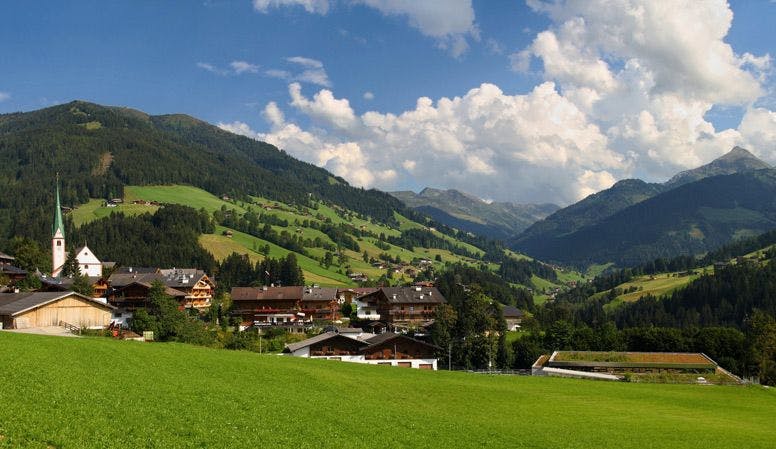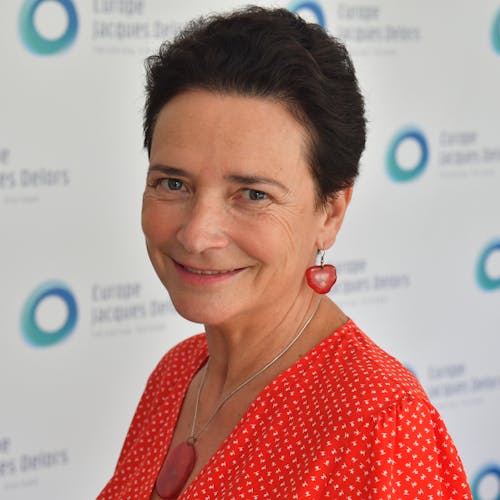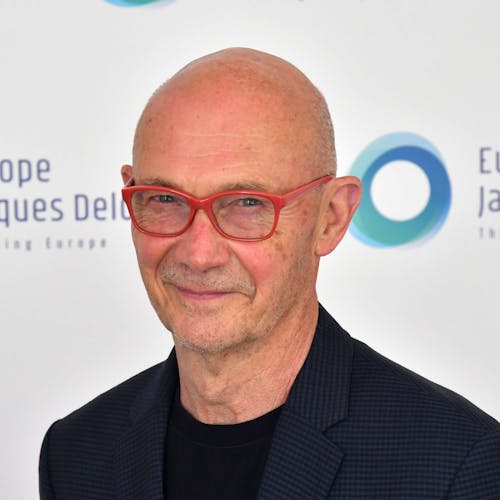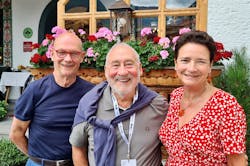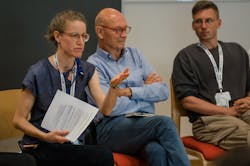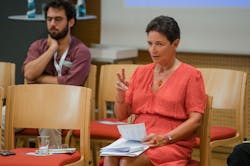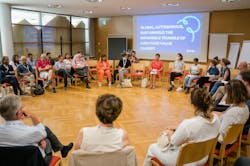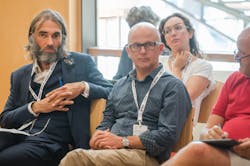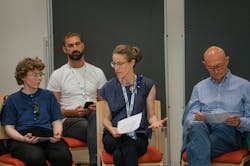Europe Jacques Delors co-organised the workshop "Global, Autonomous, Sustainable: The impossible triangle of agri-food value chains"
Europe Jacques Delors and the European Forum Alpbach co-organised the workshop on sustainable agri-food supply chains: "Global, Autonomous, Sustainable: The impossible triangle of agri-food value chains". Every year, the European Forum Alpbach gathers decision-makers from all over the world to discuss the drivers of Europe's present and what lays ahead for the continent.
Besides Pascal Lamy and Geneviève Pons, the event was attended by Franz Fischler, former President of the European Forum Alpbach and former EU Commissioner for Agriculture, Rural Development and Fisheries; Wilhelm Molterer, former Vice Chancellor and Finance Minister of Austria and Cédric Villani, former member of the High Level Group of the Science Advisory Mechanism of the European Commission.
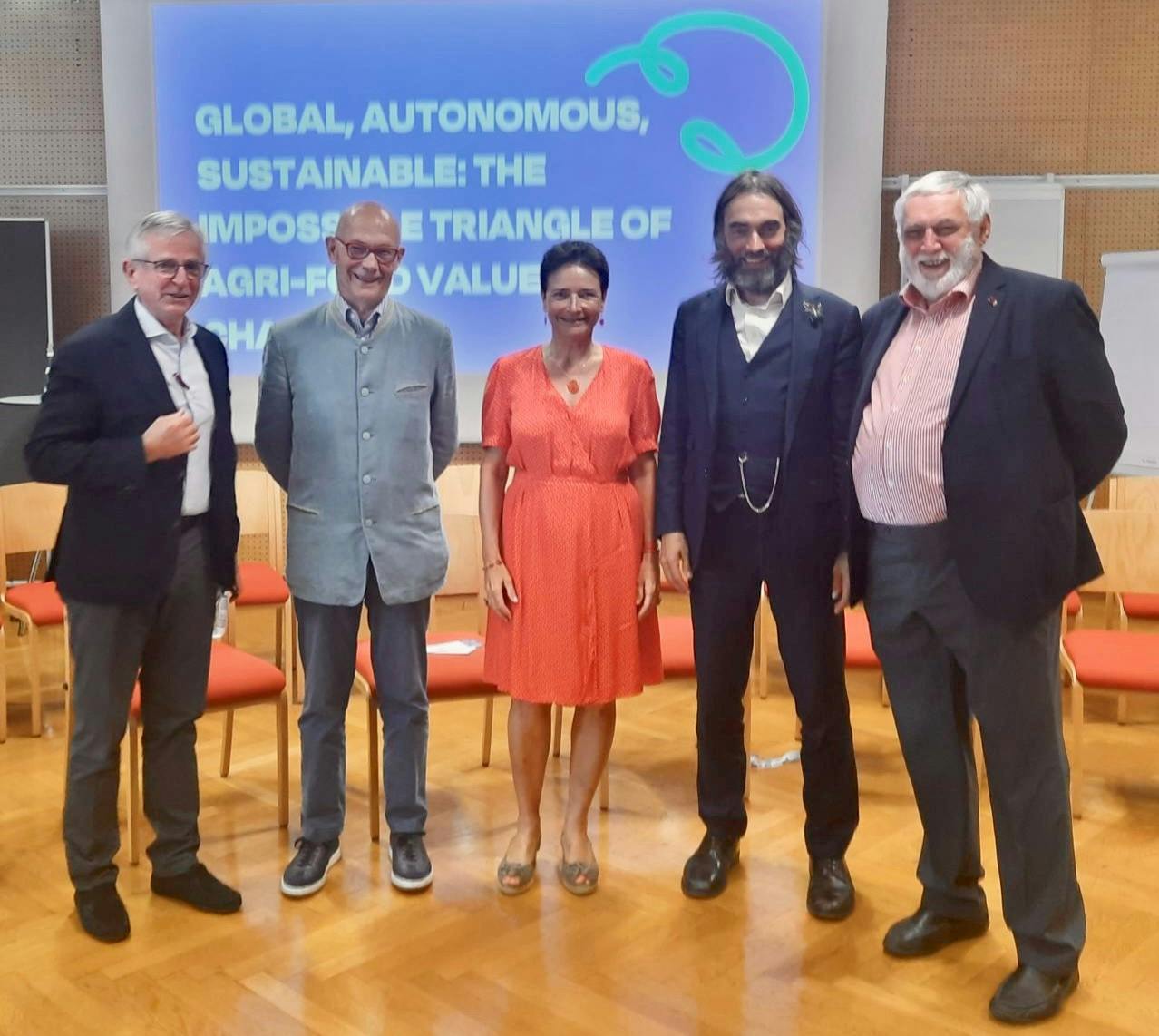
Wilhelm Molterer, Pascal Lamy, Geneviève Pons, Cédric Villani and Franz Fischler at the event.
The discussion focused on supply chain sustainability in the specific context of agri-food production and consumption. The speakers analysed the “impossible triangle” formed by (1) global interconnectedness through agri-food trade and interdependencies,(2) a growing desire for more strategic autonomy, and (3) the need for more sustainable production and consumption.
All the speakers agreed on the fact that, in the long-term, food security and sustainability are two sides of the same coin. To assure that the agri-food system remains resilient and sustainable it will be necessary to involve all the relevant stakeholders and act with a holistic approach.
Making our food systems resilient to crises, such as the current food supply and price crisis, or future crises, such as changing climate and more extreme weather conditions, requires making them sustainable in the long term
The debate focused also on the future of the EU's agri-food system. The EU will have to collaborate at the global level to make its agri-food sector sustainable: international alliances and cooperation mechanisms are needed to set common standards and promote the global transition.
All the speakers recognised that the correct implementation of the "Farm to Fork" Strategy will be essential to address the challenges linked to the transformation of the agri-food value chain. In particular, this strategy will have to reduce food waste, increase the funding for sustainable farming practices, reduce the carbon footprint of the sector and promote green investments in the sector. Wilhelm Molterer stressed the importance of applying new technologies to the agri-food sector in order to reduce water waste, ameliorate fertilization systems and find plants that are resilient to climate change.

